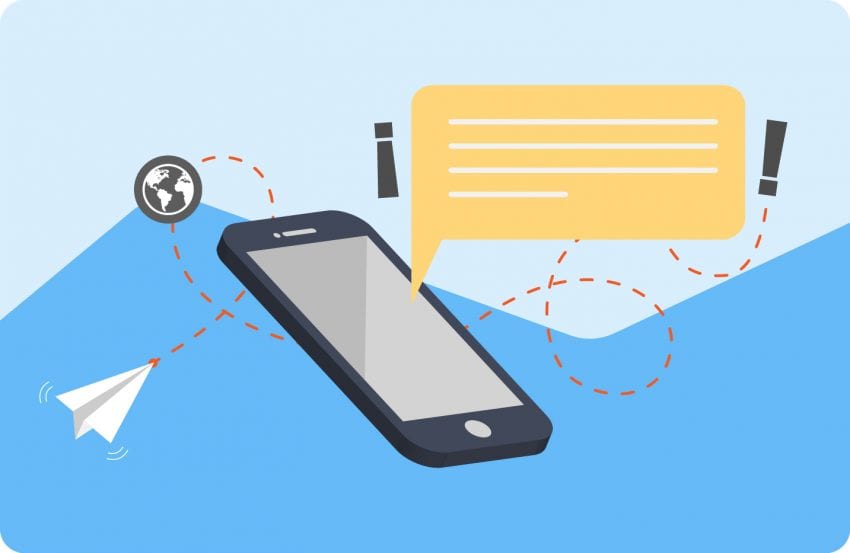If you want to grow your business, sometimes it’s worth looking at what successful big brands are doing.
These days big brands want to see tangible results from their marketing campaigns since everything is now trackable which means when you see a big brand investing a lot of money into a specific area you should take notice.
In fact, Coca-Cola has historically invested 70% of their overall mobile marketing budget on bulk SMS and texting services.
Here’s what Tom Daily, the Director of Mobile, Search and Global Connections had to say about SMS.
“It is important to invest your energy into things you know work, and we know that SMS works and is a thing to focus on.”

Take a look at these statistics:
- Texts have an 82-98% open rate within as little as 5 seconds of receipt.
- People on average will take (on average) 90 minutes to respond to an email as opposed to 90 seconds to respond to a text message.
- 75%+ of today’s consumers prefer to receive offers via SMS.
- 19% of people who receive a text message from an SMS marketing campaign clicked on a link inside that message as opposed to only 4% with email or even 0.1-1% from banner ads.
While SMS is one of the secret weapons for big brands if you’re looking at the following suit then there are 3 things you need to avoid.
According to SMS.TO, customers don’t appreciate unwanted marketing. Text messages, or even calls, are annoying. They usually arrive when you are doing other things and you want to finish doing those things first.
3 Mistakes Small Business Owners Make With Bulk SMS
1. Not Getting Permission
While it’s possible to buy a few thousand mobile numbers from a list broker and make a whole bunch of money this is a sure-fire strategy for losing your business or at least doing serious damage to your brand.
The fines are heavy and people get incredibly hostile when they receive an SMS from someone they don’t know who is trying to pitch them.

Instead, grow your list organically.
Just like email marketing you want to let people to opt-in to your SMS list and give you explicit consent to send me promotions.
This also helps you over time build an incredibly profitable business asset that you can use to drive sales revenue on demand – if you nurture it correctly.
2. No Opt-Out
While a person has given you permission to send them promotions this relationship will eventually end and they want to know that they can leave your list at any time.
There’s nothing worse than receiving SMS messages from business and there is no obvious way to stop the messages.

Plus depending on your local SMS laws it may be a legal requirement to have an opt-out keyword on every text campaign you send out.
Finally, you want to welcome people to leave your list because you only want buyers on that list anyway – remember that you’re paying for every SMS that goes out including non-buyers so you want to keep that list lean.
3. No Segmentation
There’s no way that one promotion can appeal to every single person on your list (unless you’re only selling one item).
It’s always a smart idea to group people into relevant categories so that when you send out a promotion, that offer is going to people who are already predisposed to buying it.

The more irrelevant your promotions, the more unsubscribes you will receive.
You can group people based on their goals, interests, geo-locations, demographics, past purchases etc.
By sending information and promotions that are in line with a person’s goals you’ll notice an increase in sales.









